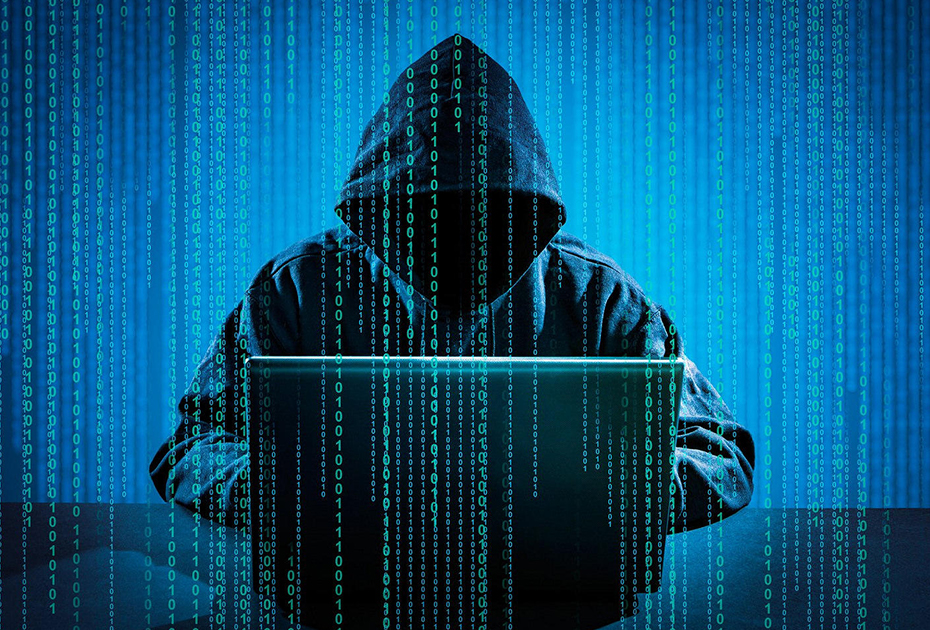While the internet provides a paradise of content, entertainment and has connected us more than ever before, safety online has become a growing concern. Software protection has provided effective security for a whole host of individuals and thus the software protection industry has grown.
Nevertheless, as technology has advanced, we have fooled ourselves into a false sense of security. From firewalls to VPNs, we’ve created and bought a variety of programs to protect our personal computers from harmful attacks and potential seizures of sensitive information.
Unfortunately, there’s no protection against ransomware.
What is Ransomware?
For those unaware, ransomware is a cyber-attack. Insidious software infects your system and acquires sensitive information, which is later encrypted. Your information or sensitive documents are then held for ransom. Attackers will demand payment in exchange for access to these files. To gain access to your files, you will need to purchase a key from your attacker. In most cases, attackers have charged victims through bitcoin, but in some cases, attackers will not provide a key.
A recent attack in Baltimore completely debilitated the city’s police force. 22 attacks have taken place in the public sector this year alone. For the most part, attackers have targeted local US government entities, i.e. police, mayor’s office, and others alike.
Why Should You Care?
Although public and governmental institutions have been affected, there is absolutely no guarantee attackers aren’t going to look towards the private sector for a hefty payday.
Similarly, if ransomware was so effective at crippling the Baltimore Police Force, imagine how harmful an attack could be for your business?
A large proportion of transactions occur online. Your business holds a number of articles containing sensitive information, particularly your employees’ private information. You don’t want to lose or be in danger of losing those pieces of information.
Finally, the federal government and FBI do not track attacks nationwide. If an attack does happen, who can you call? Certainly not The Ghostbusters.
How To Protect Yourself?
After speaking with Michael Goldstein, CEO of LAN Infotech, a local Cyber-Security Firm based in Fort Lauderdale, I learned the following tips:
- Acquire a paid and updated anti-virus software. The program needs to be continually updated to remain effective.
- Check the browser/URL you are using and check the wifi you are connected to. Not every wifi connection is secure and you need to make sure you are connected to a real and bona fide connection.
- Backup and test your data. Your computer is only as good as your last backup. If your files get corrupted or seized, your backup is the only chance you have of getting them back.
- Educate yourself and employees on safe online tactics. Hiring a cyber-security firm will also help. Their expertise will help to inform you and your employees about the best practices and teach you to be safe online.
Cyber-security is a major issue. The internet is home billions of users; some looking to benefit from your content and services, while others looking to capitalize on your naivety.
Stay safe online. Your business depends on it.


Carolinet
This was both informative and hilarious! For more details, click here: LEARN MORE. What’s your take?